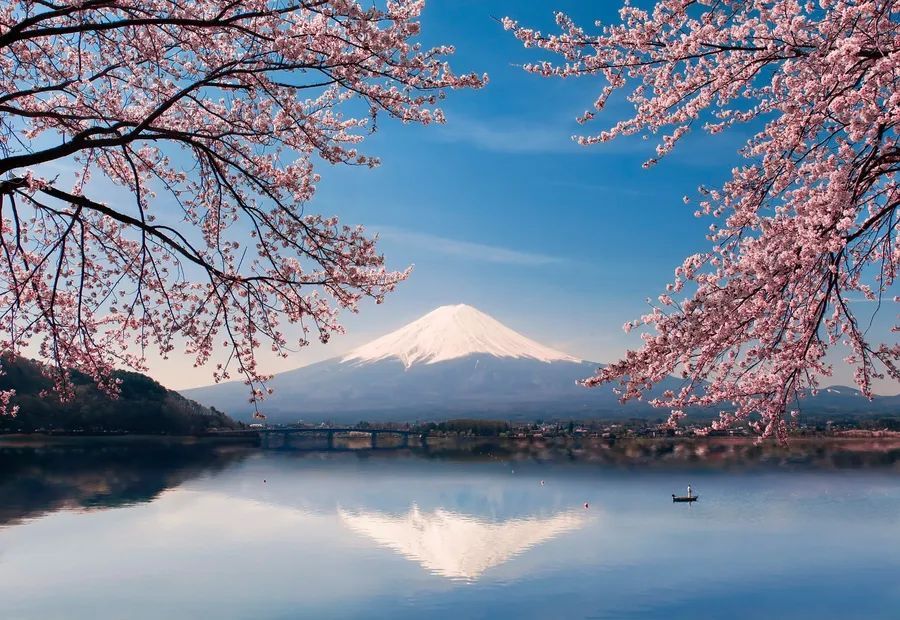Planning your first safari can feel daunting with so many options to consider. The most popular destinations with abundant infrastructure, parks, lodges, and wildlife are South Africa, Kenya, Tanzania, Namibia, Botswana, Zimbabwe and Zambia.
Before diving into research, think about what you want from the experience. Do you envision spotting the iconic "big five" (lion, leopard, rhino, elephant, buffalo) in East Africa? Or something more adventurous and unpredictable? Make a wish list of your ideal trip. Do you want the best guides sharing their expertise? Luxe lodges and pampering? Combining wildlife viewing with beach time or food and wine? Focusing on different habitats within one country? Witnessing the great migration crossing the Serengeti and Mara? Escaping to remote wilderness via helicopter? Picture your perfect landscape - the Kalahari desert, a lush delta, dense jungle, open savannah? Defining your safari dreams first makes planning easier.
Planning the details of your safari adventure will help maximize this incredible journey. Use this ultimate guide to turn your 2023 African safari dreams into reality.
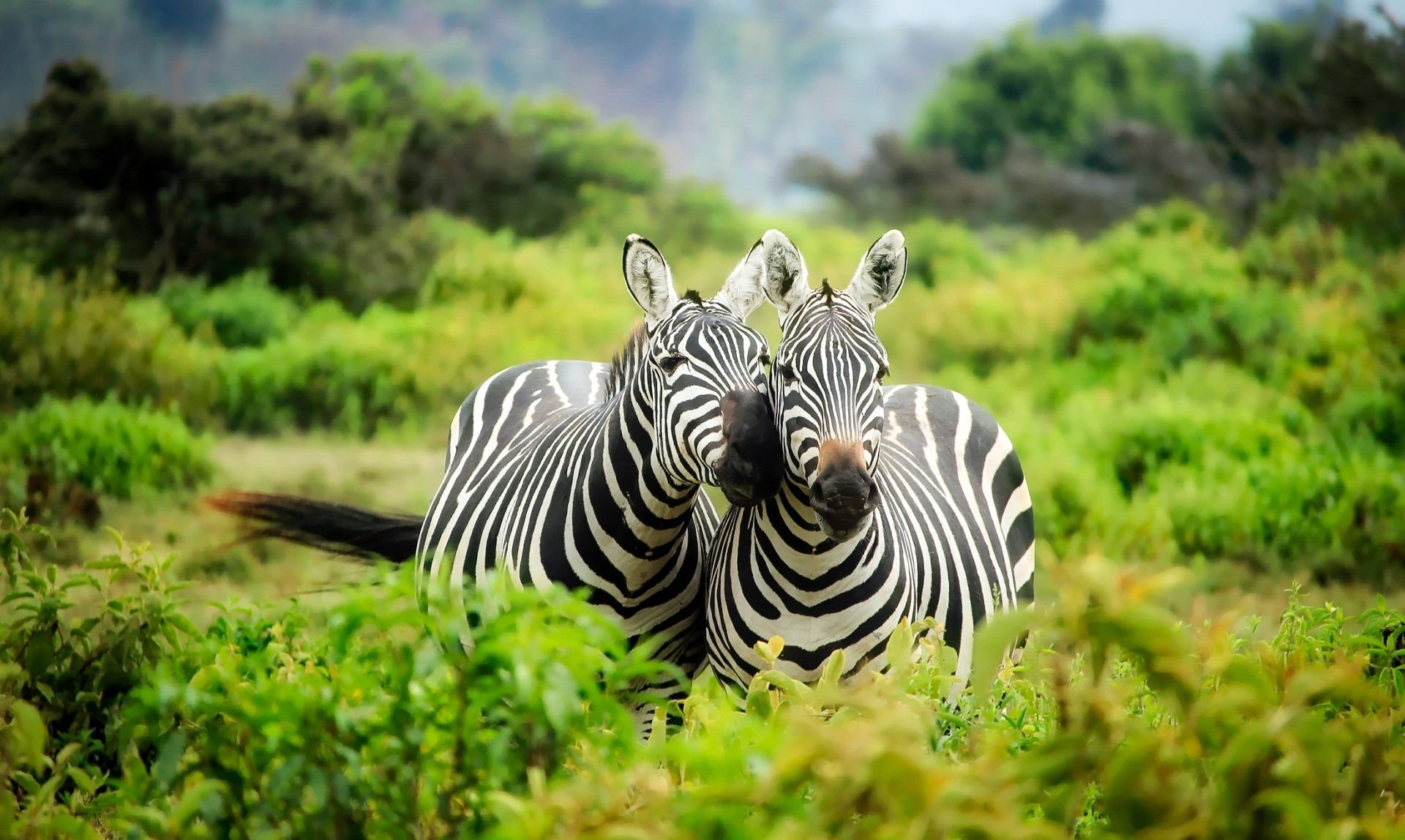
Pick The Best Safari Destination
Africa offers many excellent safari destinations across its vast and diverse landscapes. When selecting your ideal safari location, research must-see wildlife, activities, scenery, culture and budget. Consider Tanzania for the Serengeti's Great Migration, Kenya for abundance of wildlife, Botswana for the Okavango Delta's biodiversity, South Africa for Big Five game viewing and wine regions, Rwanda and Uganda for rare mountain gorillas, Namibia for desert elephants, or Zambia and Zimbabwe for walking safaris and Victoria Falls. With so many incredible options, prioritizing your interests is key. The expertise of safari specialists can enhance your experience with their extensive knowledge of animal migrations, seasons, remote locations, and exclusive adventures. Let their guidance lead you off the beaten path to customize an unforgettable African safari.
TIP: According to Conde Nast Traveller, top safari planners include Journeys by Design, Aardvark Safaris, Africa Travel Centre, Green Safaris, Yellow Zebra Safaris, Expert Africa, and The Explorations Company. With their extensive expertise, these specialists can recommend lesser-known parks and areas to avoid crowds, or suggest game-rich but overlooked countries like Zambia, Malawi, Congo, Gabon, Angola, or Chad. They can arrange walking, horseback, or mountain biking safaris, air safaris, and access less iconic animal migrations across Botswana and Tanzania. Leading lodge operators often booked through these planners include Great Plains, African Bush Camps, Wilderness, and Beyond, Natural Selection, Ultimate Safaris, and Asilia Africa, representing top luxury accommodations and experiences. The knowledge of these specialists and operators can customize a safari beyond the ordinary.
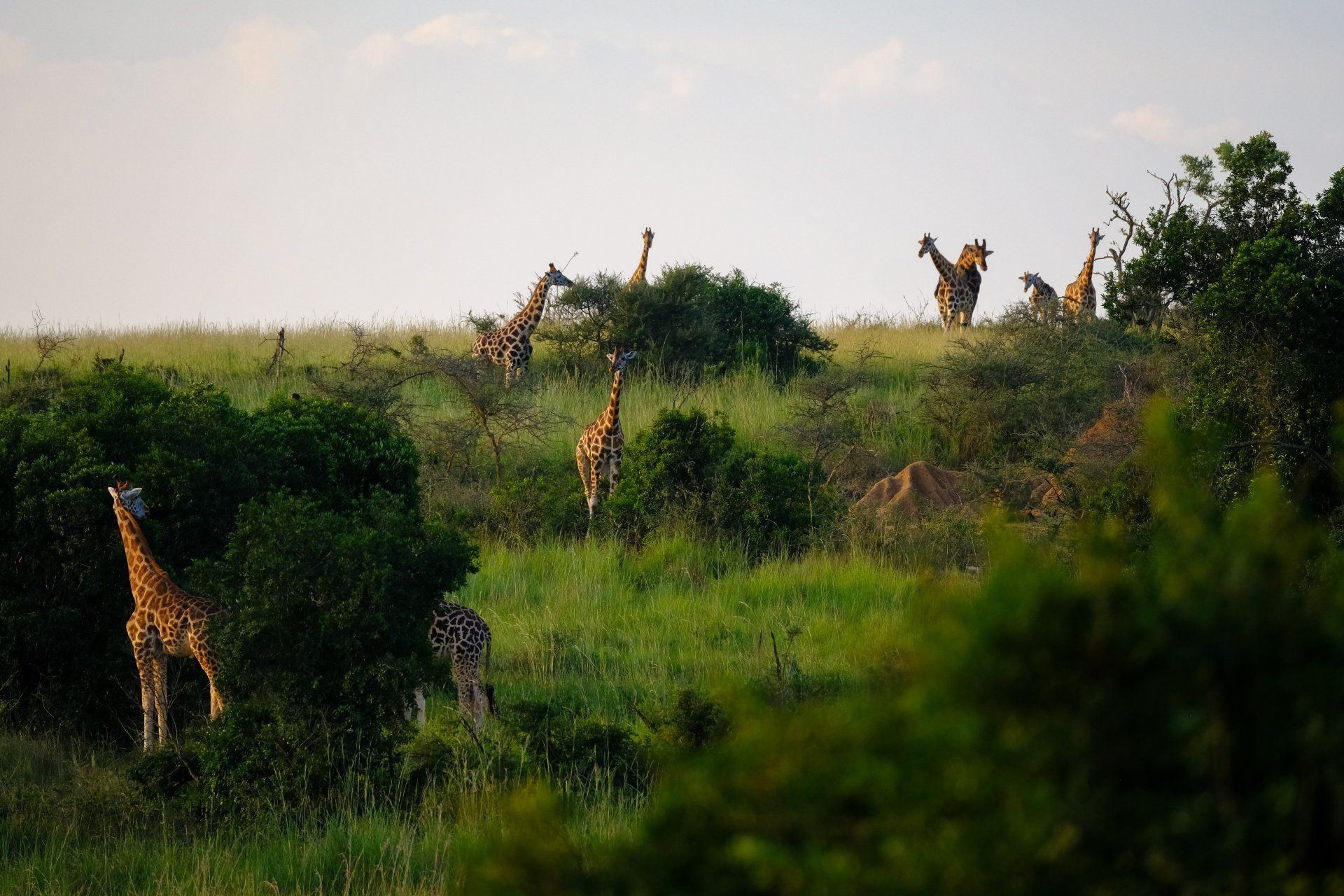
Set Your Safari Budget
TIPS:
- Go in the off-season when rates are lower and there are fewer crowds. Shoulder seasons can provide a good balance.
- Opt for mobile camps instead of lodges for a more immersive, back-to-basics experience.
- Self-drive safaris give flexibility and can significantly reduce costs. Do your research to ensure safety.
- Look for safari package deals that bundle flights, lodging, and transfers.
- Travel in a small group or pair up to share guide and vehicle expenses.
- Consider camping in national parks to lower lodging costs. Research safety precautions.
- For a more budget-friendly experience, choose countries like Kenya over premium destinations like Botswana.
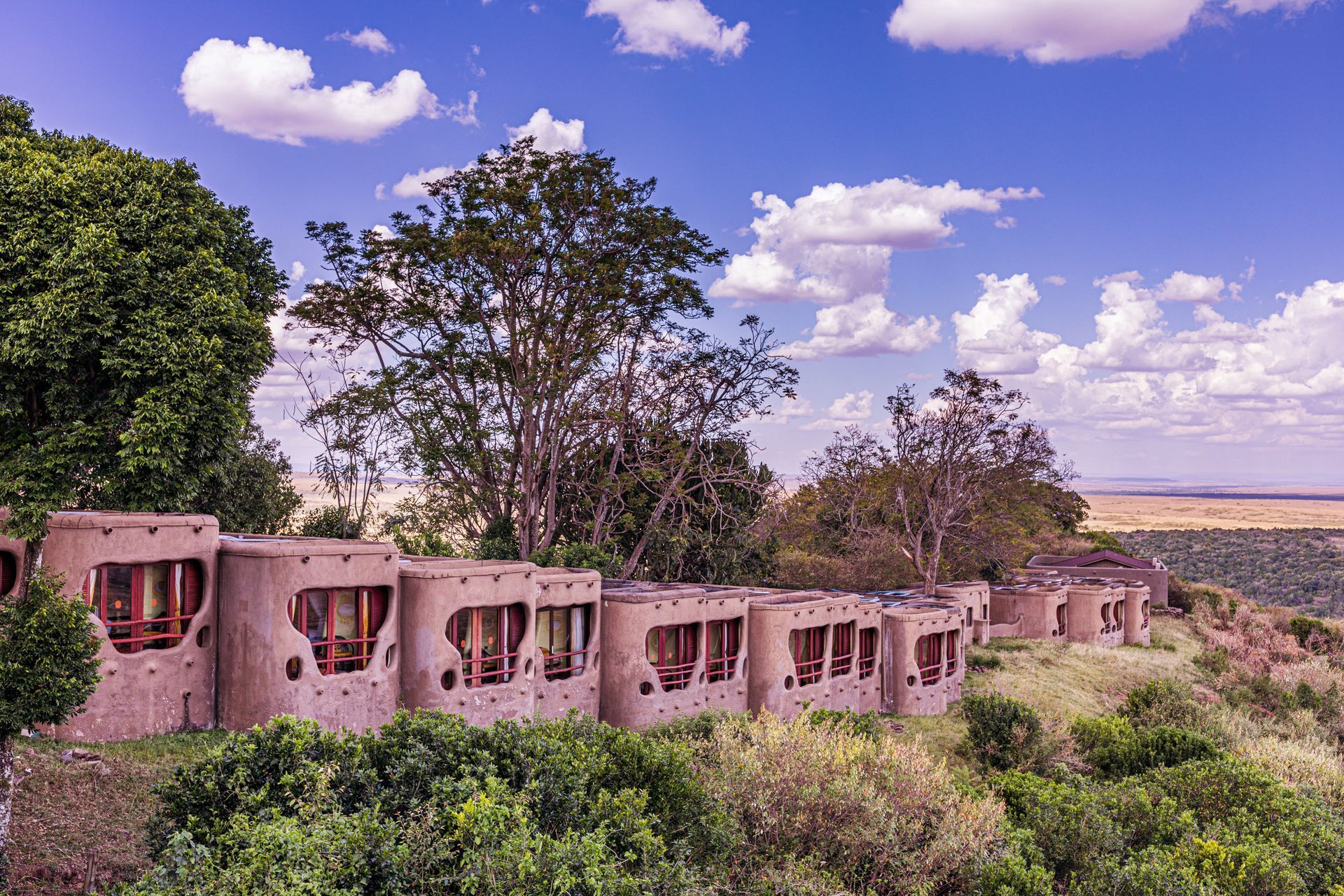
Book Early for Top Lodging
When choosing lodges or tented camps, look for options ideally situated inside or next to prime game parks and reserves to be immersed in the wildlife experience. Seek out sustainable practices like solar power and local employment. Read recent reviews to help narrow options. Make reservations 6-12 months in advance, especially for peak season demand, as early booking locks in availability.
TIPS:
- When choosing a safari lodge, consider its remoteness and proximity to other lodges. Lodges in private reserves on the edge of parks tend to offer a more intimate experience. They allow going off-road during the day and night, rather than sticking to pre-set tracks inside public park areas. The exclusivity of private reserve lodges provides opportunities to observe wildlife drawn to the waterholes and food sources right outside your accommodations.
- Consider smaller, intimate camps for a more exclusive, guided experience.
- Seek out seasonal discounts and last minute deals at luxury camps.
- Fly-in safaris provide access to remote wilderness.
- Mobile tented camps in the bush offer nighttime wildlife encounters.
- Seek camps with eco-friendly practices to travel sustainably.
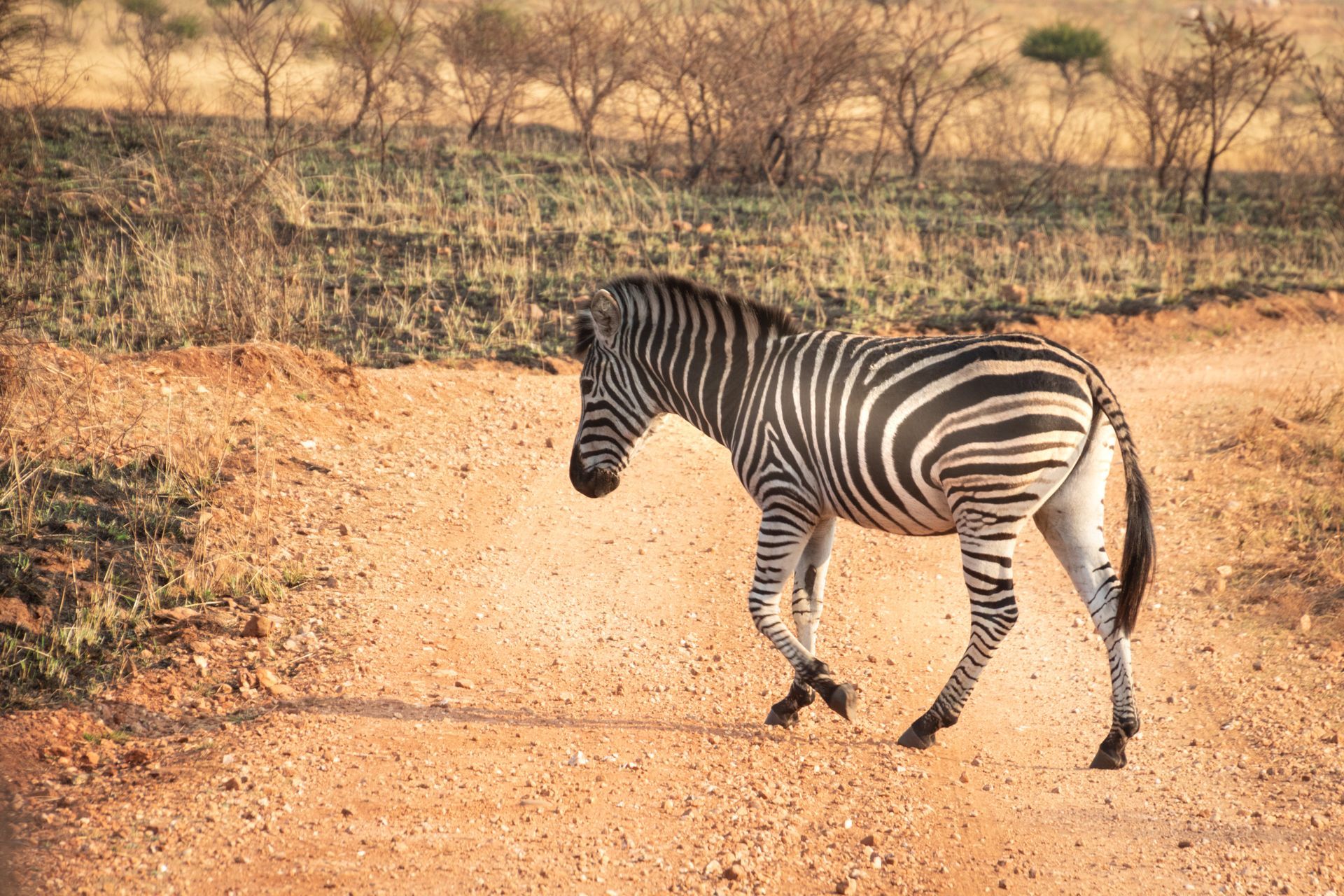
Personalize Your Safari Activities
Most lodges include game drives, but you can book additional ones for optimal animal sightings. Arrange specialized guided treks like walking safaris, bicycle safaris, and night safaris to see nocturnal species. Consider limitations like age and fitness for restricted activities.
Having a private vehicle is ideal for prioritizing wildlife viewing. This may be more important than the lodge itself.
Carefully research transfers between locations. Long overland journeys can be uncomfortable. Opt for flights between parks when possible.
Safaris involve a lot of sitting during game drives. Choose lodges with gyms or yoga for those wanting exercise. Guests cannot wander off on their own and are accompanied by guides when out at night.
TIPS:
- Request the same guide throughout your stay to build rapport.
- Ask guides about their interests to tailor sightings.
- Arrange a private vehicle for flexibility in game drives.
- Pack binoculars, camera gear, and reference books to enhance sightings.
- Book specialized walks and treks for active immersion.
- Consider mobile camps to access remote wildlife hotspots.
- Learn about the local culture through village visits.
- Spend extra days in top parks to maximize sightings.
- Book at least one overnight fly-in safari for the full experience.
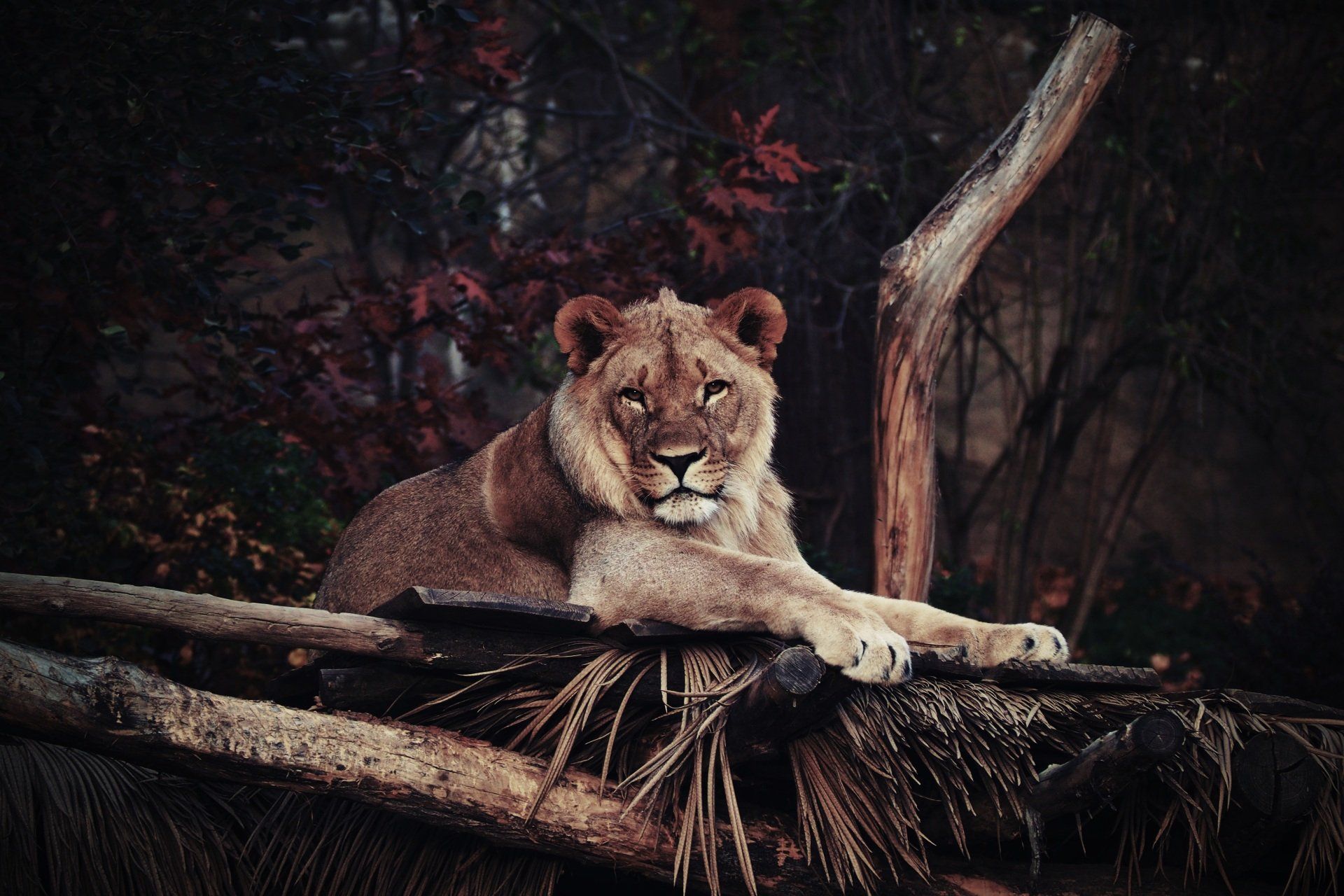
Learn Animal Behaviors and Habitats
Researching the behaviors of desired wildlife will enhance your safari. Learn when migratory herds cross rivers, the best times to spot elusive leopards, habitats of endangered species, and movements of iconic animals you hope to see. Understanding animal patterns will improve your chances of sightings.
TIPS:
- Talk to safari guides about animal hotspots and recent sightings. Their insider knowledge is invaluable.
- Pack binoculars, a zoom lens camera, and field guides to help identify wildlife.
- Book safaris during peak migration seasons to witness wildebeest, zebra and more on the move.
- Rise early for game drives when predators are active and herds are on the grazing grounds.
- Spend more time in parks like Serengeti and Maasai Mara known for diverse wildlife.
- Visit watering holes at dawn and dusk when animals congregate.
- Track the Great Migration calendar to catch river crossings.
- Head out on foot to quietly approach skittish species.
- Book night drives or walks to glimpse nocturnal animals.
- Seek remote, less-visited parks to avoid crowds and vehicles.
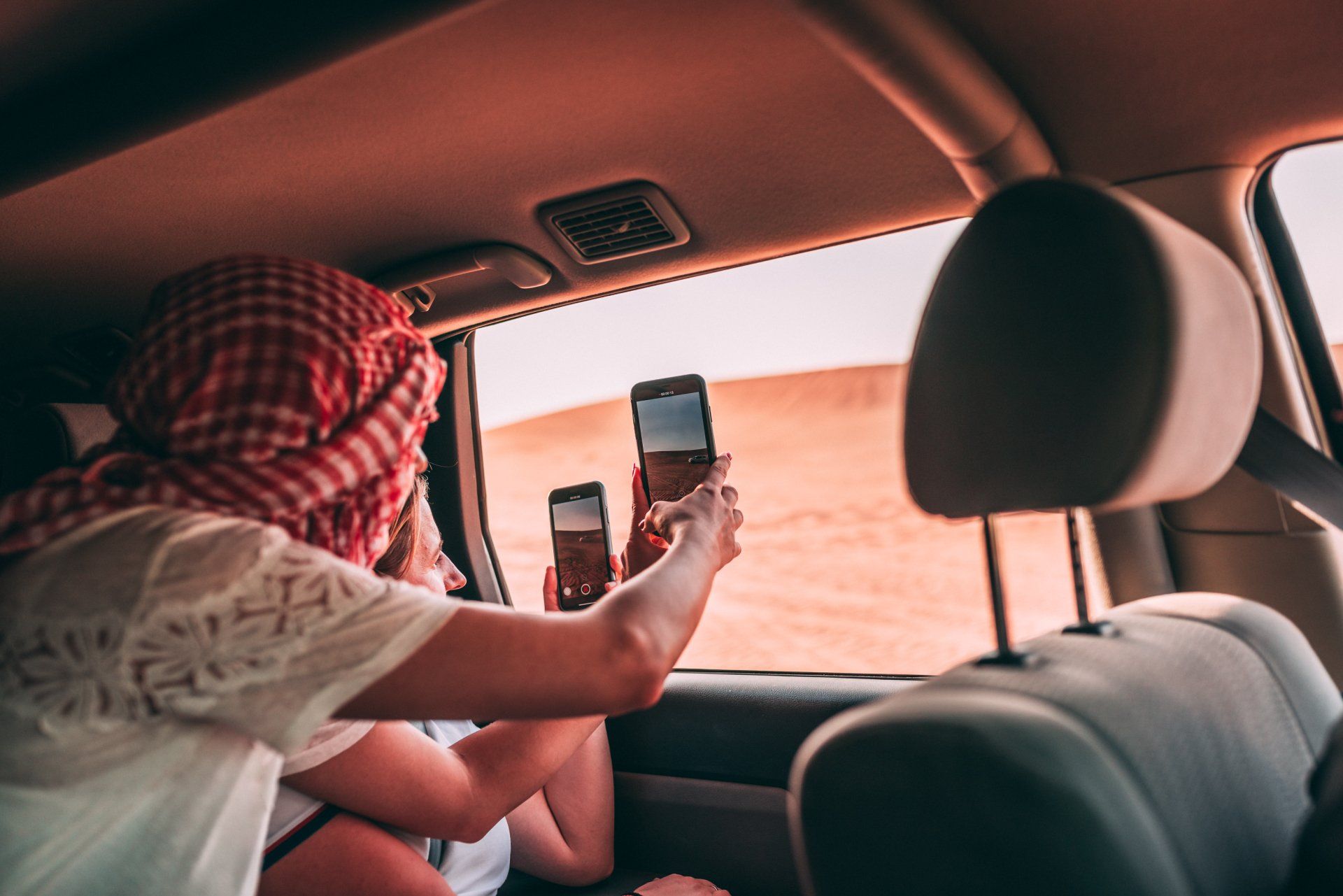
Get Vaccinations and Meds Early
Some African safari destinations require vaccinations like yellow fever, typhoid, hepatitis A and B. Malaria risk varies by region, so check the
NHS Fit For Travel website for updated malaria maps to determine precautions needed for your specific itinerary. Meeting with your doctor 4-6 months before travel allows time for any necessary vaccinations and malaria medication. Recommended immunizations may include yellow fever, hepatitis A/B, rabies, meningitis, and typhoid. Follow all health guidelines for the countries visited.
TIP:
- Pack insect repellent and anti-malaria medication if required.
- Wear long sleeves and pants during peak mosquito times.
- Check for travel medical insurance with emergency evacuation.
- Ensure needed vaccinations are up-to-date.
- Pack antibiotics and medications in carry-on luggage.
- Bring motion sickness and digestive aids for long drives.
- Drink only bottled water and avoid raw foods.
- Check travel advisories for safety and health risks.
- Know emergency numbers and your blood type in case of injury.
- Research nearby medical facilities in remote locations.
- Avoid wildlife, especially monkeys, to prevent bites and disease.
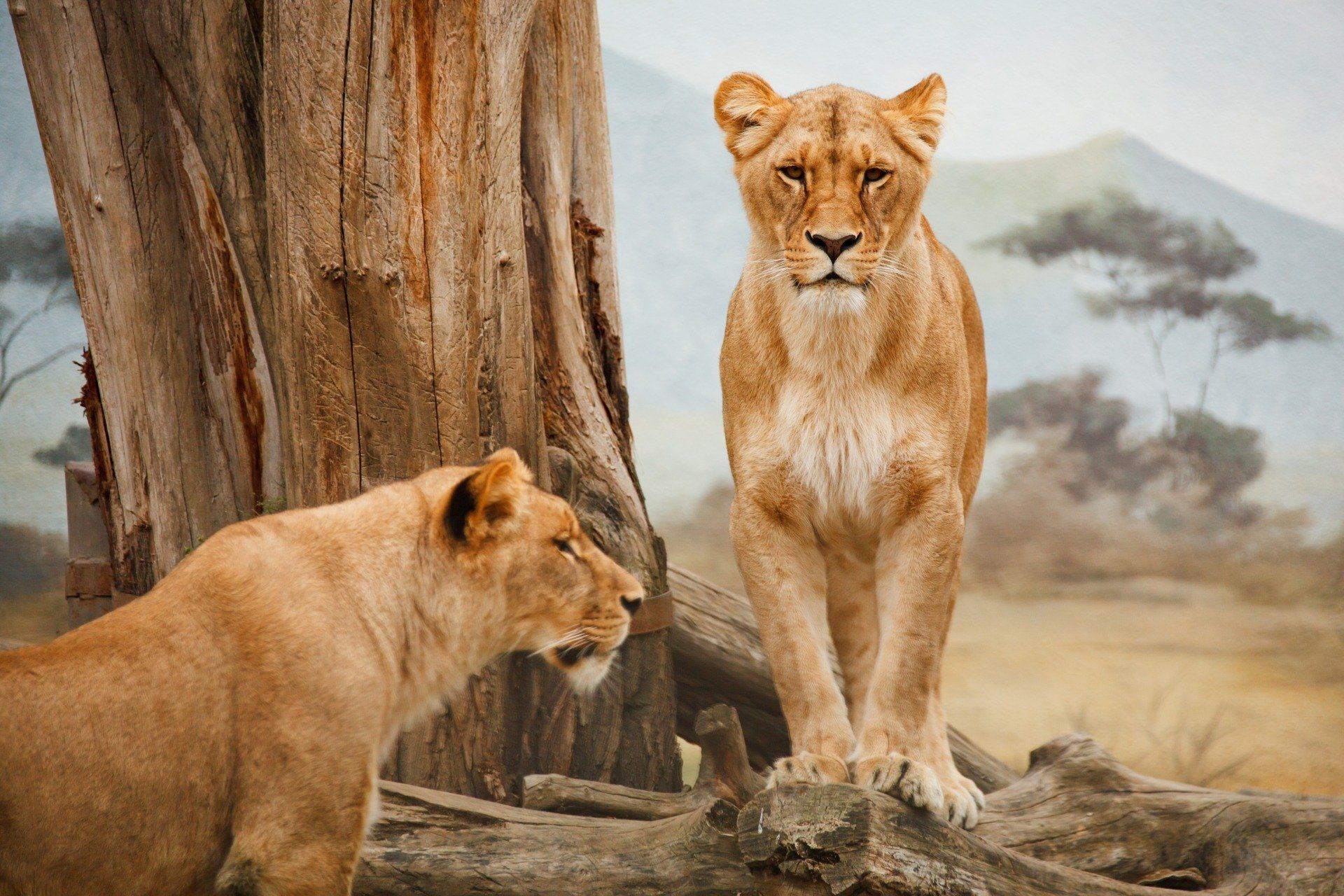
Protect Your Investment with Insurance
Given the large upfront payments, comprehensive travel insurance is essential for African safaris. Ensure your policy covers emergency medical care, evacuations, cancellations, delays, lost baggage, and full trip interruptions. Choose an insurance plan designed specifically for safari travel and adventure activities. Read carefully to confirm you are covered for all aspects of your itinerary including off-road driving, walking treks, charter flights, etc.
TIP:
- Work with your tour operator or insurer to build a customized plan.
- Choose an insurer with expertise in exotic travel insurance.
- Opt for higher benefit levels in case of remote medical care.
- Ensure emergency evacuation is included from all destinations.
- Pick plans with "cancel for any reason" clauses when possible.
- Add rental vehicle coverage for self-drives.
- Check policy covers all prepaid portions of your trip.
- Know procedures to file claims for reimbursement.
- Carry proof of insurance and emergency contact info.
- Be clear on policy exclusions before purchasing.
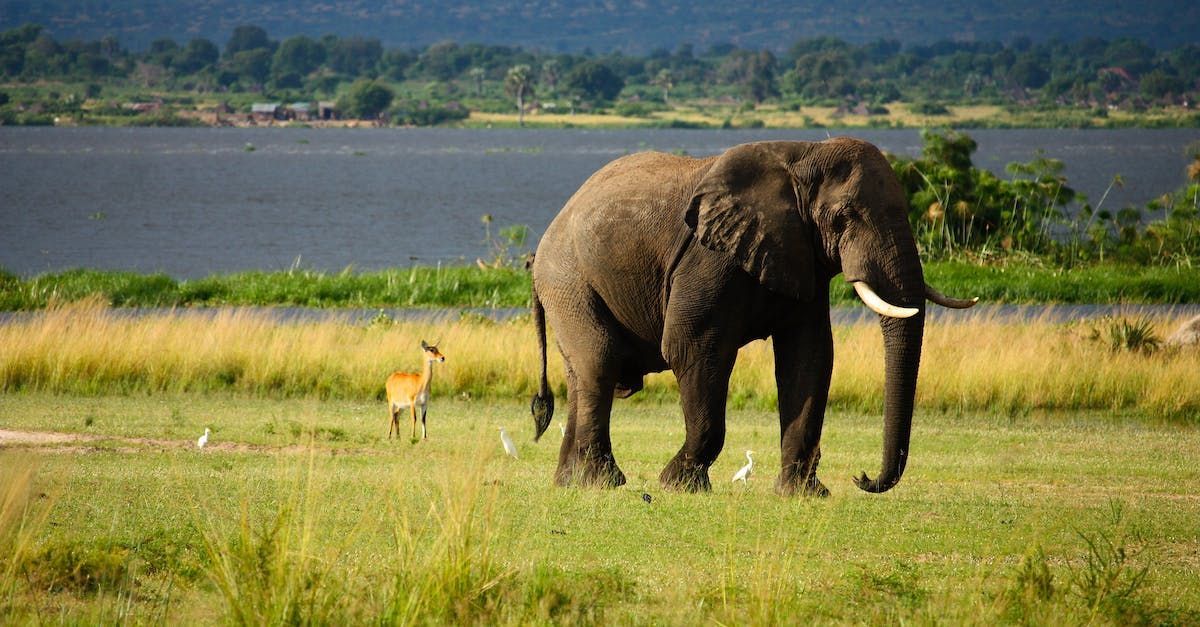
The Rhythms of a Typical Safari Day
Safari days follow a wonderful flow attuned to the rhythms of the bush. Early wake-up calls are followed by pre-dawn game drives to observe predators finishing their nightly hunts. You'll likely have coffee and blankets in open vehicles as the cool air greets you.
Morning safaris deliver big cat sightings and wildlife stirring at sunrise. Breakfast or lunch is then served at the lodge or picnic-style in the bush. Afternoons bring relaxation with massages, reading, walking safaris, or community visits.
Late afternoons you'll venture out as predators awaken for their nightly rituals. Sundowners in scenic spots precede returning after dark for dinner by the fire. Night safaris to find nocturnal animals may follow in private reserves. Sleeping under the stars in bush beds creates magical memories.
Capturing Stunning Safari Memories - TIPS:
A safari is the perfect chance to capture incredible wildlife images. Bring your DSLR camera and specialized lenses like a 300mm telephoto for closeups of animals. Accessories like beanbags or monopods provide stability in moving vehicles.
Consider seasonal impacts on photography. The rainy season may offer vivid green scenery but animals hide in the brush. Dry seasons like October provide prime viewing though muddy tones. Smartphones can grab great shots and videos too in ideal lighting.
Position yourself for good lighting while following all rules on limiting disturbances. Beyond perfect pictures, just soaking in the majesty of the animals and environment makes for lifelong memories. The camera simply preserves your unique safari story.
Is It Possible For Me To Take My Children On Safari?
An African safari makes for an unforgettable multi-generational family vacation when planned thoughtfully for kids. Choose child-friendly lodges with family suites, activities, and tailored game drives. Limit drive times to 2-3 hours max when animals are active and bring snacks and entertainment. Teach wildlife spotting before the trip and have kids use journals and cameras. Focus on vehicle safaris and skip long treks. Schedule ample downtime for swimming, meals, and cultural experiences. Use bug spray and cover skin for protection. Check required medications and immunizations for children. With kid-oriented accommodations and age-appropriate balancing of adventures, a safari forges lifelong nature connections.
Tipping Guidance
Tipping is a routine and expected practice on safari to show gratitude for exceptional service. Budget approximately 10-15% of your total safari cost for tips. Guides are usually tipped $15-20 per person daily, either directly or in a communal envelope.
Although voluntary, it is customary to leave a tip for all lodge staff from cleaners to cooks. This can be added to your final bill for distribution among employees. Pre-confirm if the overall bill includes alcohol and tips to avoid surprises. Following local tipping etiquette ensures your gratitude is received by all who made your experience special.
Want more details on customary tipping practices for an African safari? Sign up for our free email newsletter and receive our comprehensive safari tipping guide!
Don't Forget Proper Visas for Safaris
When planning an African safari, don't overlook securing necessary visas, which may require sufficient lead time. Requirements vary by country, length of stay, and nationality. Some countries offer visas upon arrival, while others mandate applying at an embassy or consulate beforehand.
Confirm visa rules for all destinations early, as the process takes weeks or months for certain countries. Have passport validity cover 6 months post-travel. Carry physical passport copies in case of emergency needs. With upfront diligence on proper paperwork, you'll avoid any immigration hassles interrupting your spectacular safari.
With mindful preparation, your 2023 African safari will exceed your dreams. Let the planning begin and get ready for a magnificent adventure!
Note: This blog post includes affiliate links, and I may earn a commission from qualifying purchases. Clicking on these links and making a purchase will not incur any additional cost to you. These commissions play a crucial role in supporting the upkeep and growth of this blog, enabling me to consistently provide valuable content. I only recommend hotels that I have personally used and genuinely believe will benefit my readers. Thank you for your support!
Disclaimer: Two Mad Travellers makes every effort to credit images used on our site appropriately. Unless otherwise noted, we do not claim ownership of any visual content, which remains the property of its respective copyright holders. When possible, we aim to link back to original sources. If you own the rights to an image and do not want it to appear on our site, please contact us and we will promptly remove it. Proper image attribution is important to us. Our goal is to respect content creators by seeking permission and providing credit. We apologize for any oversight - our intent is never to use visual assets without the owner's consent. Please let us know if we have made an error so we can address it right away and make things right.


